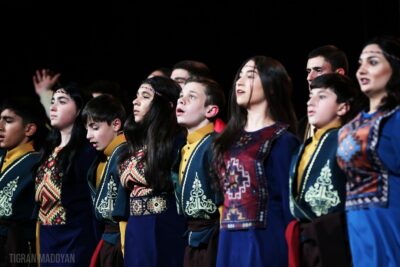By Arsen Gasparyan
In the aftermath of the disasters of 2020 and 2023, as Armenia searches for stable models of governance, the nation finds itself at a critical crossroads. More than ever, Armenian political thought is in dire need of alternatives and constructive discourse. The value system shaped over centuries, along with our national memory and spiritual heritage, have to be transformed not only into cultural pillars but into the very foundation of governance. This article proposes an alternative model of statehood, grounded in Christian moral principles, communal responsibility, and a unifying national vision aimed at overcoming political and economic crises.
This model represents an innovative synthesis of tradition and contemporary governance. Christianity, as an inseparable part of national identity, is harmoniously integrated into the constitutional framework – laying the groundwork for an order that prioritizes spiritual values, ensures continuity in education and culture and revalues the vital connections between the Diaspora and Armenia.
Official Name of the State: The Christian Republic of Armenia
The new [proposed] constitutional order recognizes the Armenian Apostolic Holy Church as the state church. The Church shall not only be protected and supported by the state but will also bear a nationwide responsibility to shape the public agenda, to reinforce national memory, and to serve as a symbol of collective responsibility.
The Constitution does not mandate a complete separation between Church and State; the Armenian Apostolic Holy Church holds a constitutionally privileged status.








